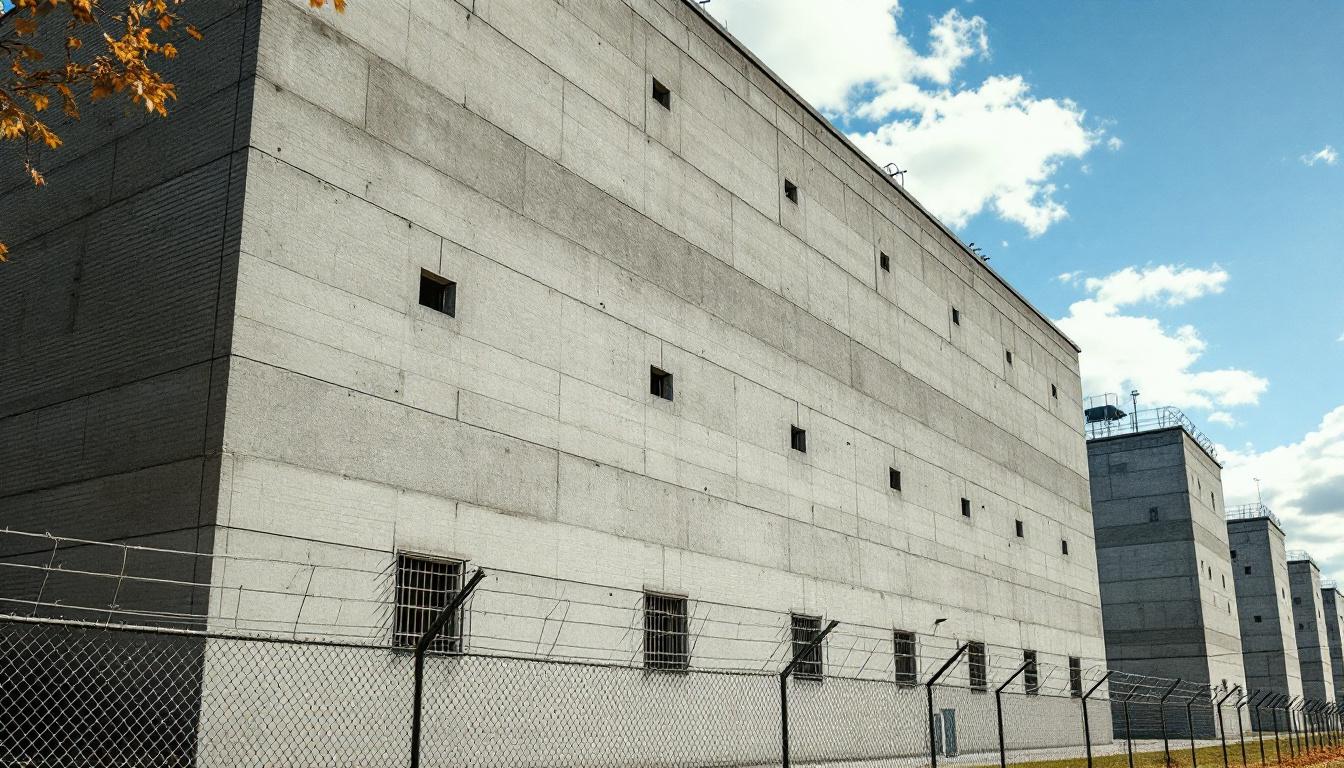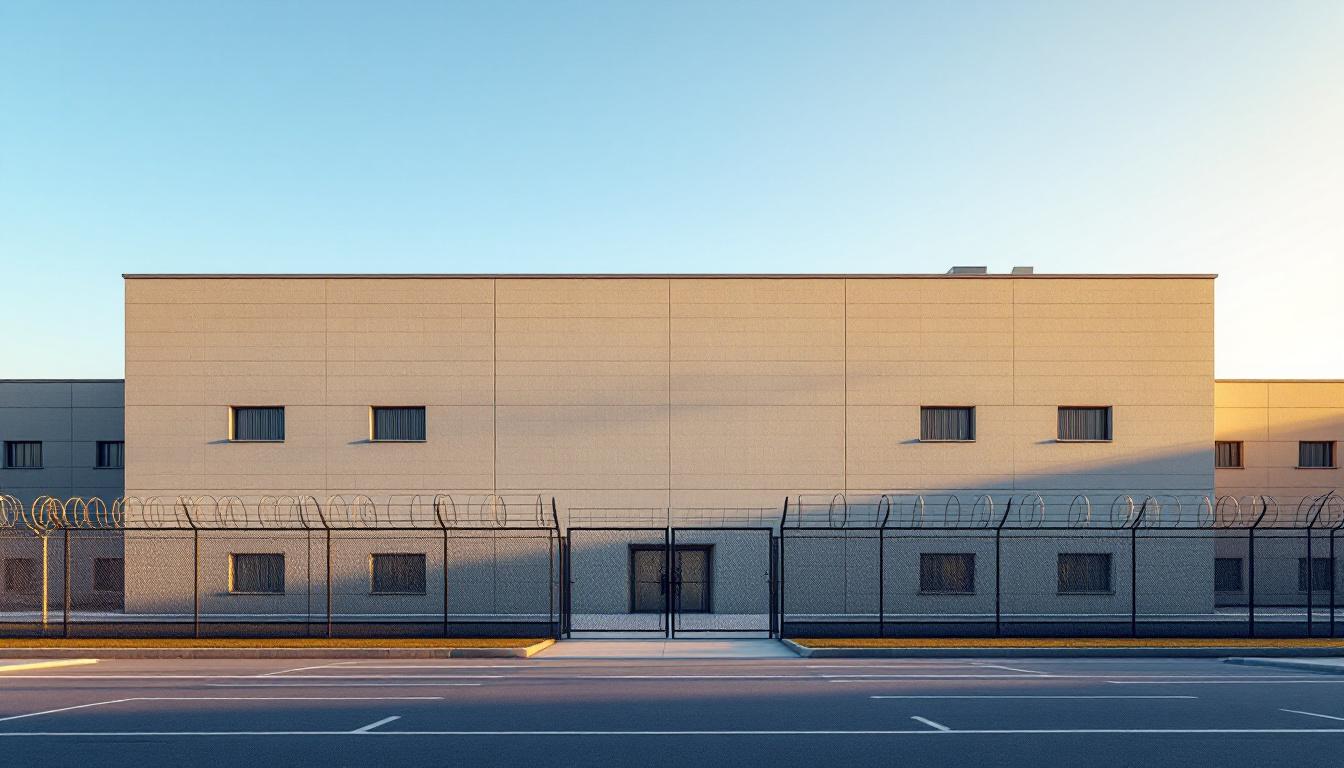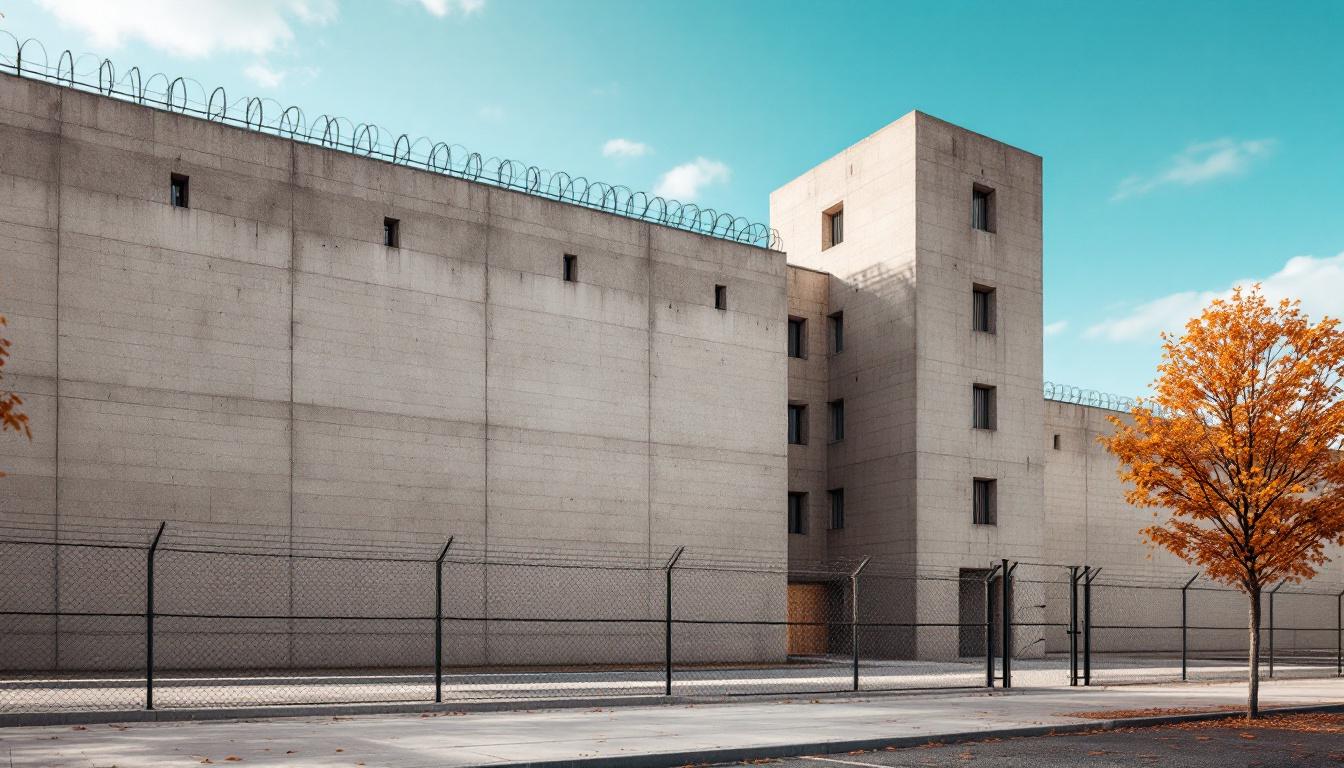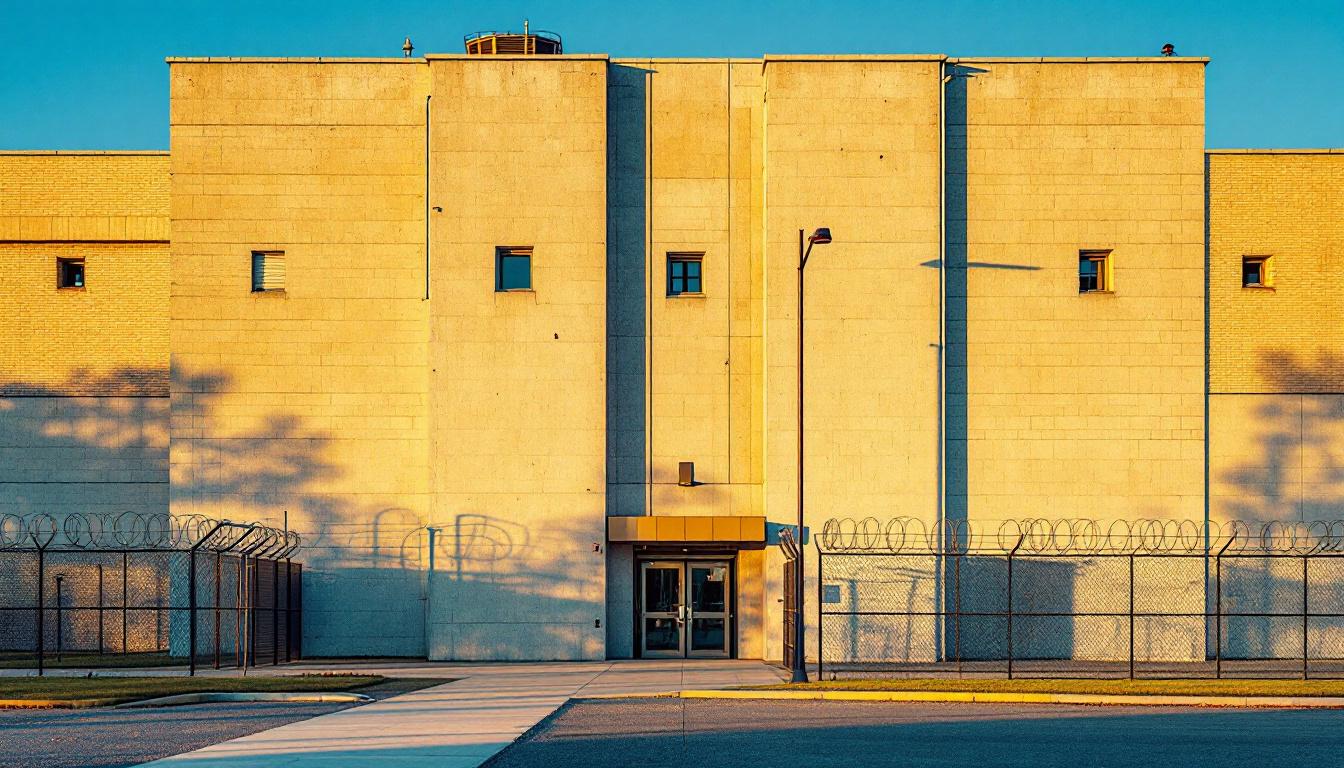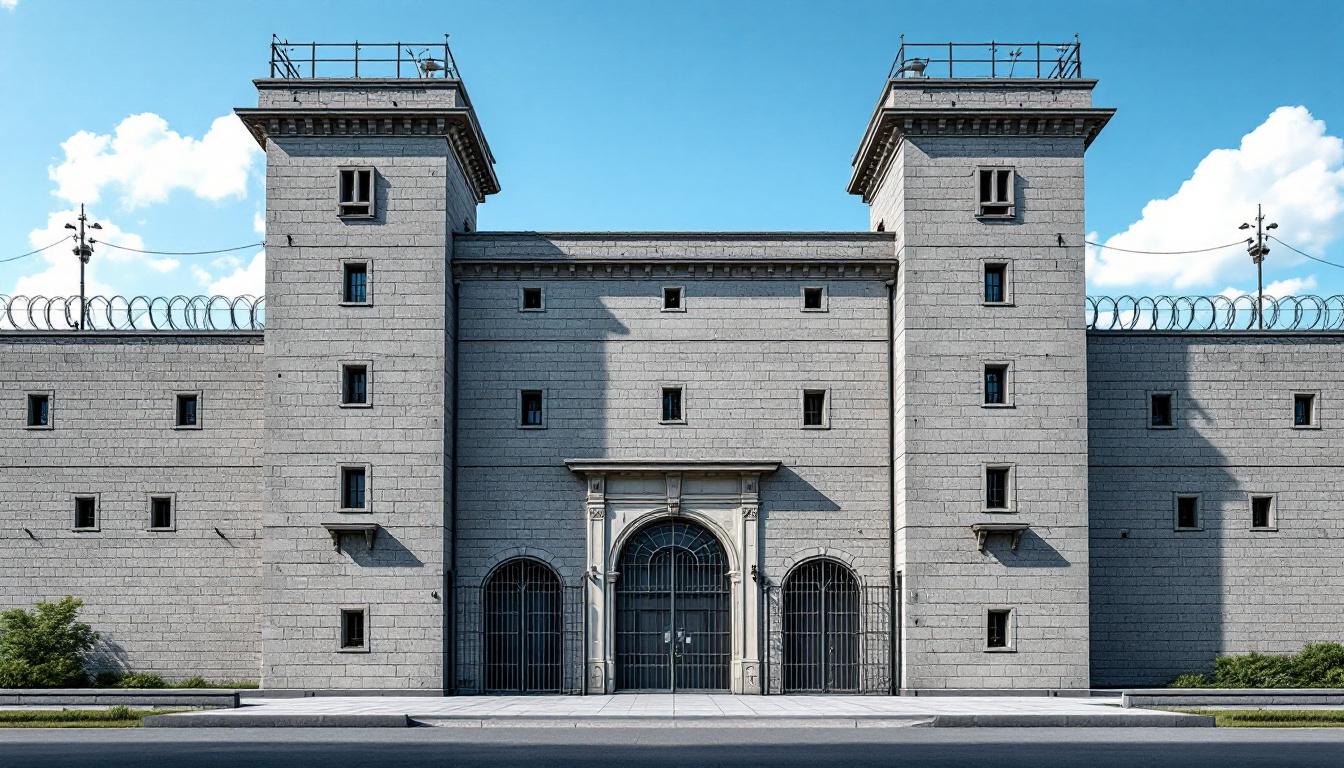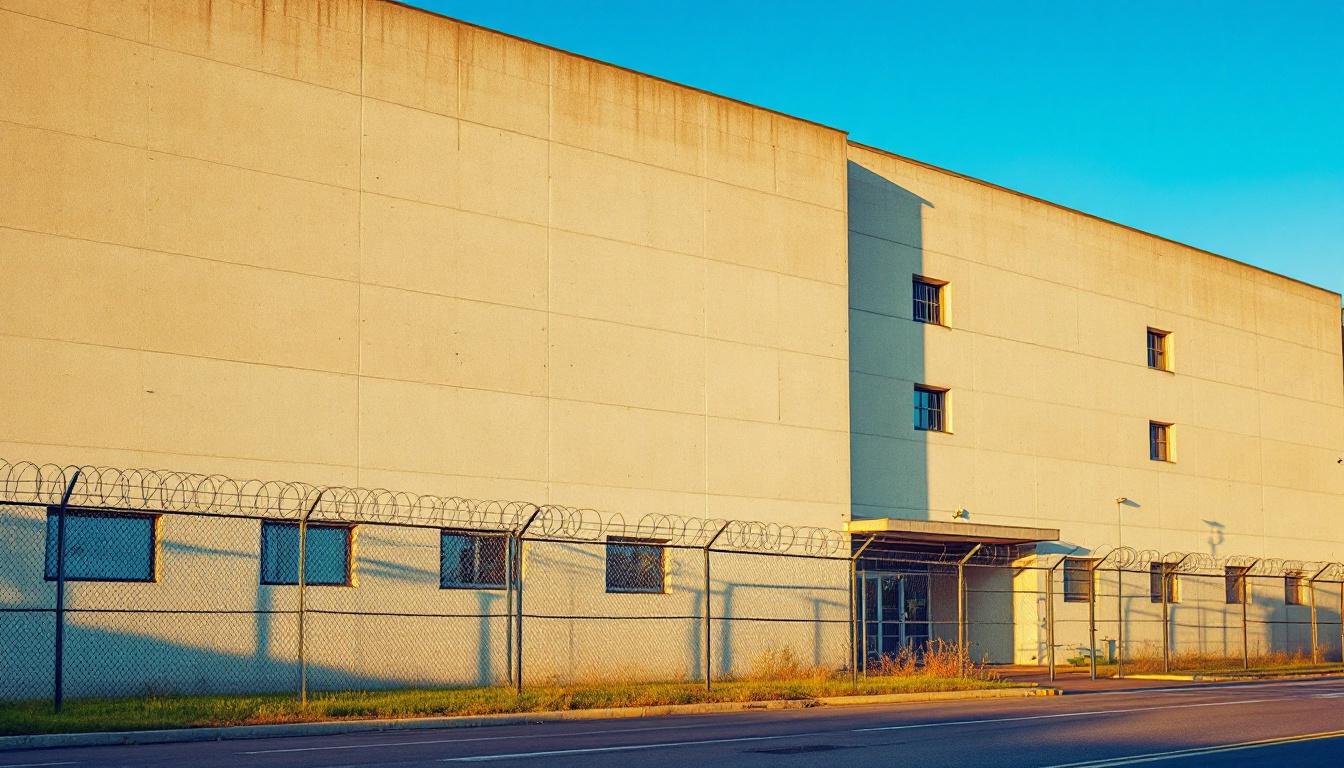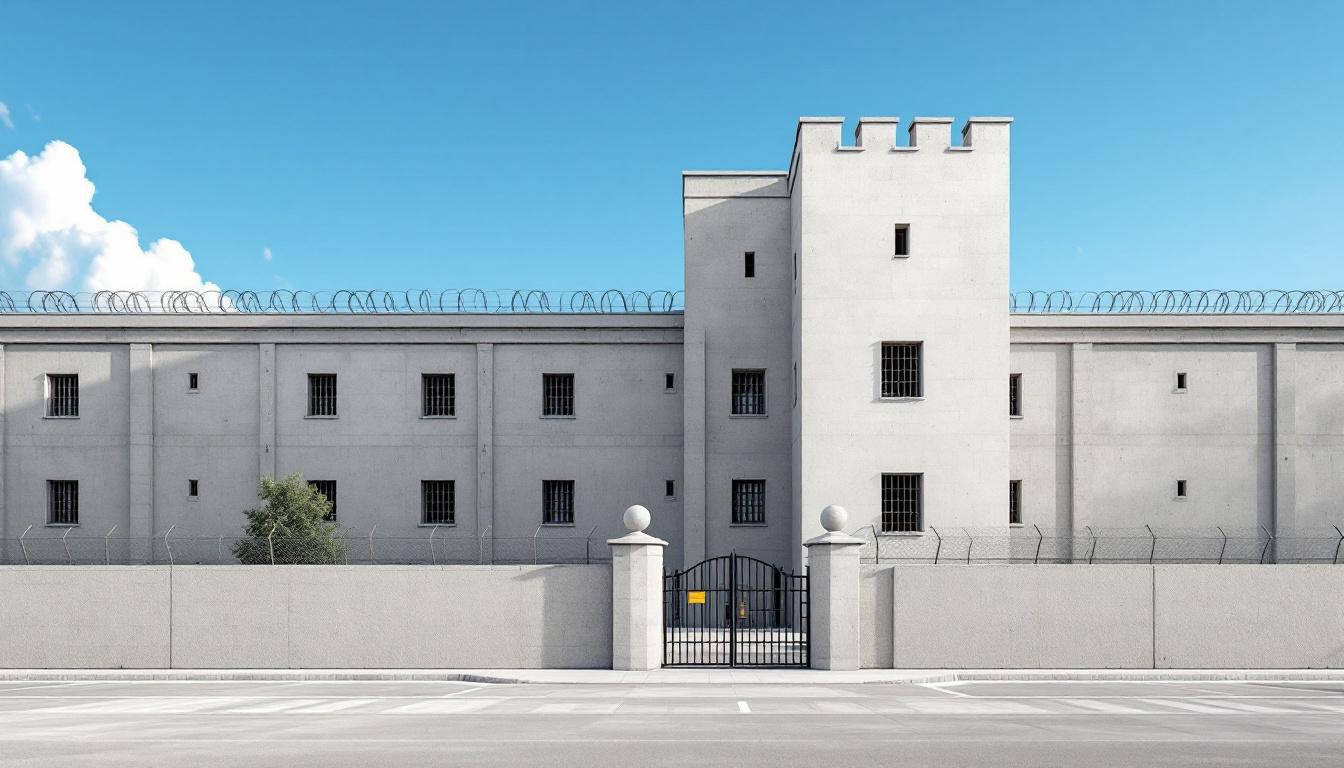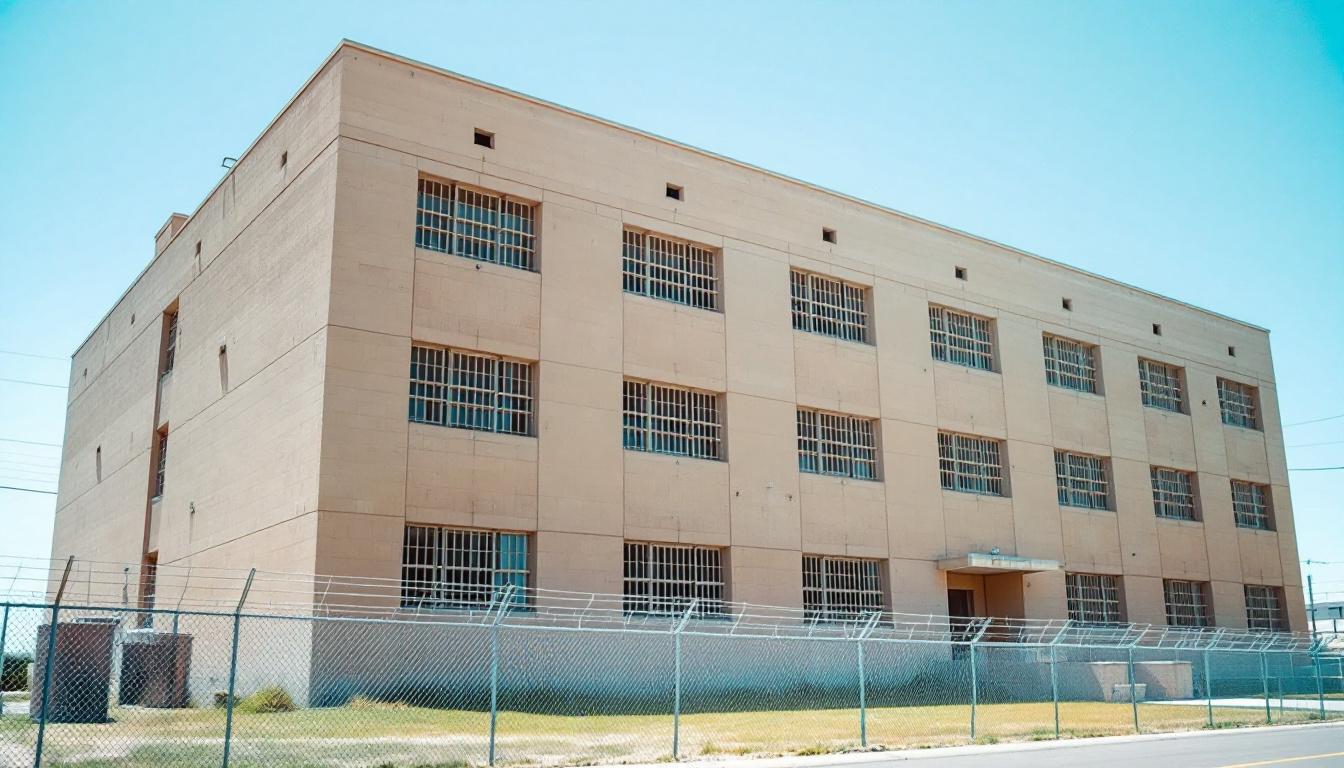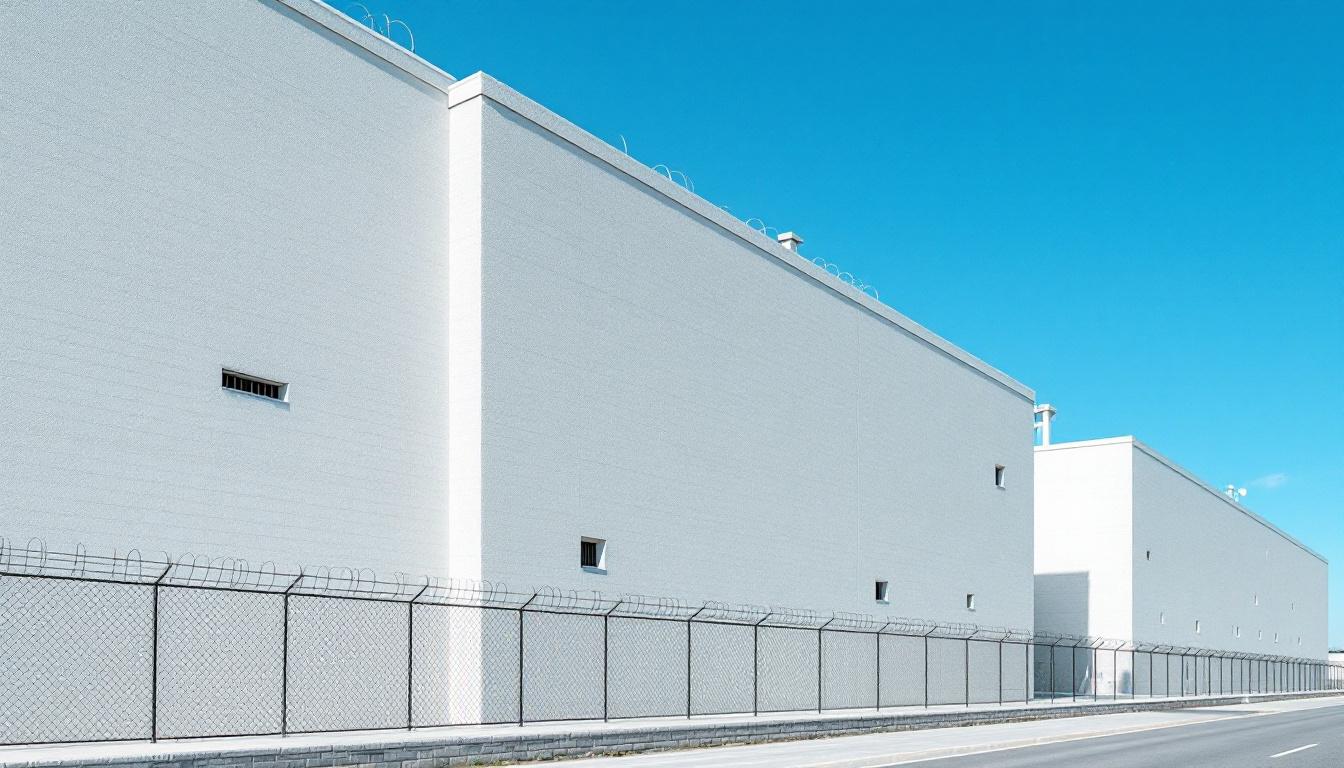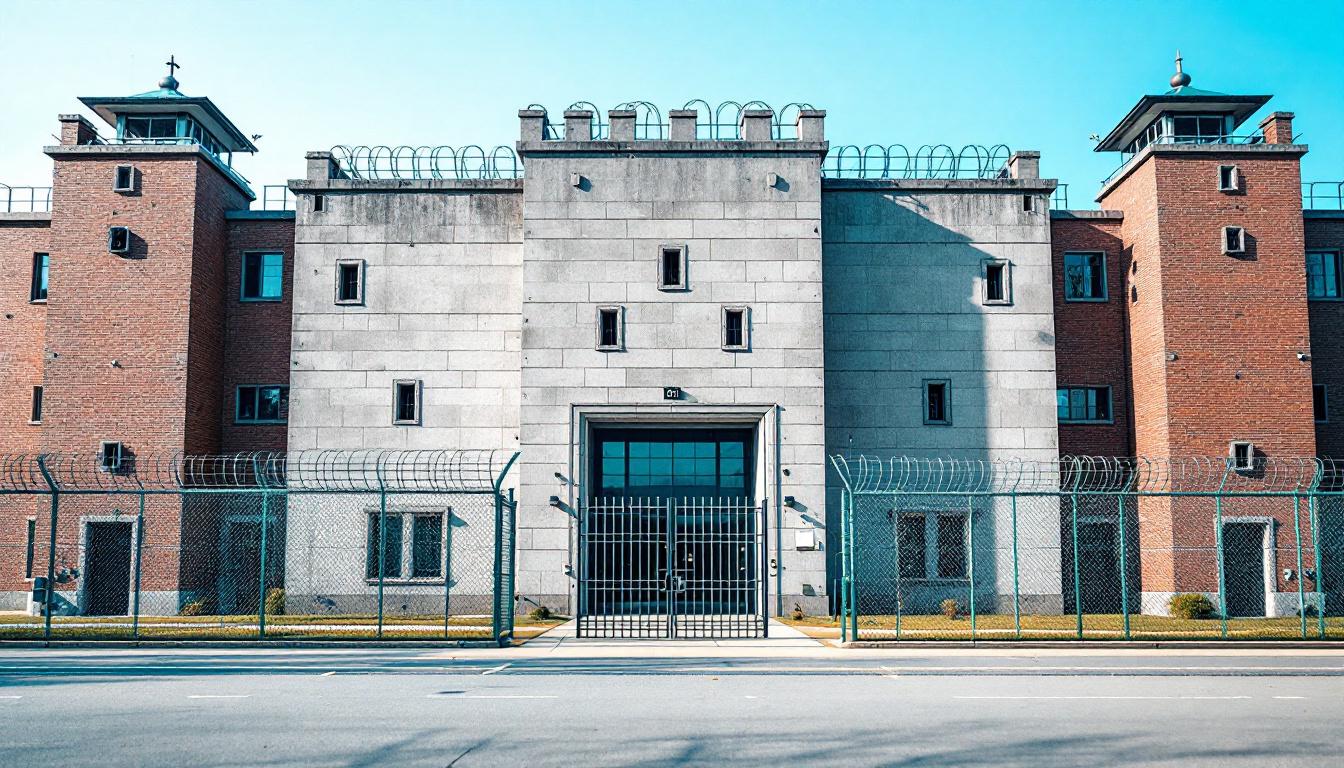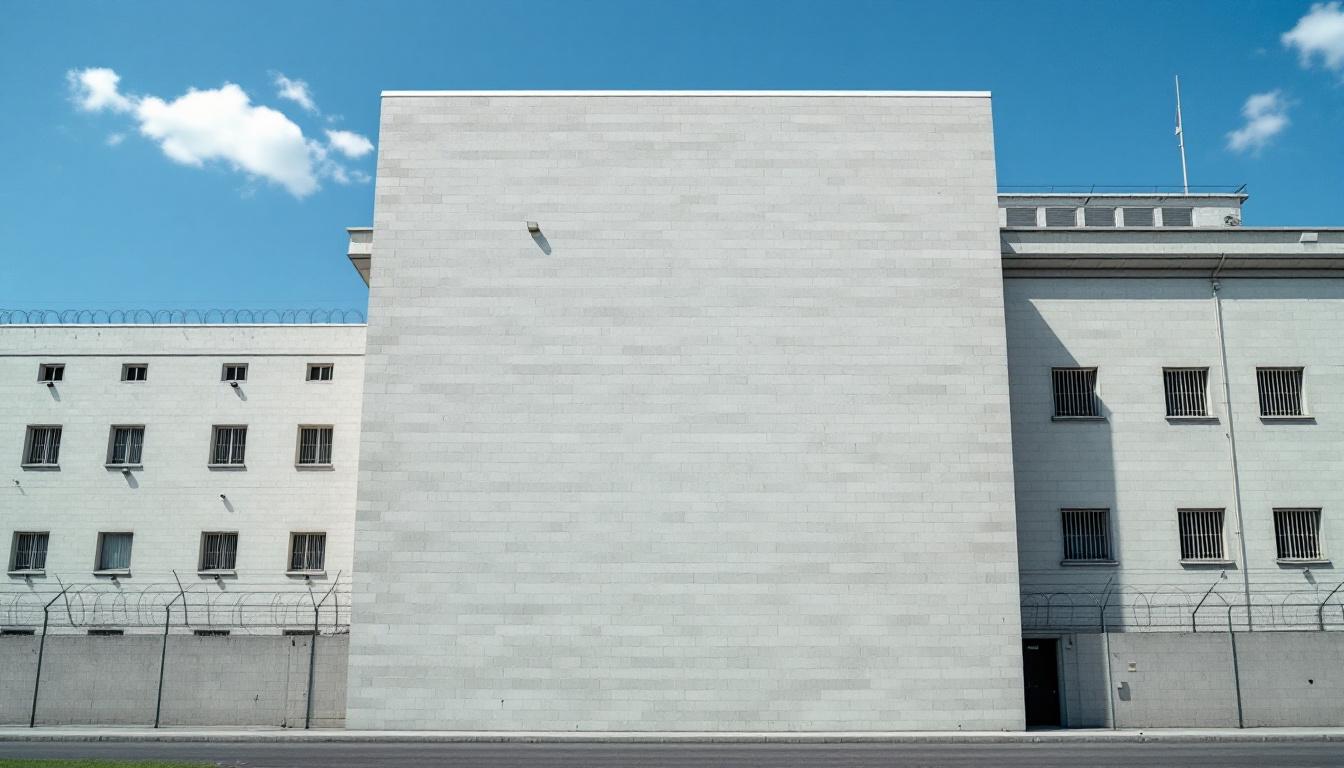
Quick Navigation
How to contact an inmate at Venango County Jail
This comprehensive guide will walk you through how to connect with an inmate at Venango County Jail. Follow the steps below to find an inmate and send letters and photos:
- Search for the inmate using our search tool below
- Create your account or log in to Penmate
- Write your message (up to 6,000 characters)
- Send instantly - inmates receive printed copies daily
Find an Inmate
Search for an inmate to start communicating today
Tip: You can search by first name, last name, or inmate ID number
To contact a person at Venango County Jail start by searching for the person on the facility website. Perform a search by following these steps:
- Step 1: Enter their first name and last name into the search form and click "Search"
- Step 2: Locate their inmate record
- Step 3: Write down their Inmate ID and any housing information provided
Important! Be sure to enter the person's full name. Nicknames should not be used.
How to Send Messages to Inmates

You can use your phone or computer to send emails, letters, and photos to an inmate. Messages are sent electronically to inmate tablets or kiosks at the facility. If you would like to send a message, start by searching for an inmate at Venango County Jail.
Sending Photos and Postcards

A great way to send love and support to a loved one at Venango County Jail is to send photos and postcards. It only takes a few minutes to send photos from your phone and it makes a huge difference. You can also mail postcards with words of support and inspiration, or design your own postcard for special moments like birthdays and holidays.
Important! Be sure not to send any explicit photos or they may not be approved by the facility. You can also use a photo printing app like Penmate to make sure your photos are printed at the correct size (4x6 or 3x5) and are mailed according to the rules and regulations of Venango County Jail.
Frequently asked questions about Venango County Jail
-
How long does it take to deliver a message?
If you're sending an email message your letter is usually delivered within 24-48 hours. For messages sent via mail you should expect delivery within 3-7 days. All messages will need be approved by Venango County Jail.
-
How much does it cost to send a message to Venango County Jail?
You can send a message free using your phone or mail a message via USPS for the price of a $0.60 stamp and envelope. You can also purchase credits or e-stamps from services starting at $1.99.
-
What services can I use to contact an inmate at Venango County Jail?
Penmate
You can use Penmate to send letters and photos to an inmate from your phone. It's an easy way to stay in touch during your loved one's incarceration. Use the inmate locator to find an inmate's location and contact information, then you can send messages within a few minutes.
Securus messaging
Securus may be another option for communicating with an inmate at Venango County Jail. You can create a friends and family account and purchase credits to send messages. All messages will be reviewed and must be approved by the facility.
JPay
Some county jails and state prisons may support sending messages with JPay. You must register an account with the system, find your loved one, and purchase stamps to send messages. For some locations you can also attach photos.
Smart Jail Mail
You may also check if Smart Jail Mail is available at Venango County Jail. Smart Jail Mail is operated by Smart Communications and has contracted with some state and county jails. After purchasing credits, your messages and photos are sent to the facility, printed out, and then handed out to your loved one.
-
What is the mailing address of Venango County Jail?
Mailing address:
Venango County Jail
1186 Elk St
Franklin, PA 16323
Phone: (814) 432-9629Business hours:
- Monday: Open 24 hours
- Tuesday: Open 24 hours
- Wednesday: Open 24 hours
- Thursday: Open 24 hours
- Friday: Open 24 hours
- Saturday: Open 24 hours
- Sunday: Open 24 hours
-
What are the visiting hours at Venango County Jail?
Visiting hours at Venango County Jail vary by housing unit and security level. Generally, visits are scheduled on weekends and holidays, with some facilities offering weekday visits. Contact the facility directly at (814) 432-9629 or check their website for the current visiting schedule. Visits typically last 30-60 minutes and must be scheduled in advance.
-
What items are prohibited when sending mail to Venango County Jail?
Prohibited items typically include: cash, personal checks, stamps, stickers, glitter, glue, tape, staples, paperclips, polaroid photos, musical or blank greeting cards, hardcover books, magazines with staples, and any items containing metal or electronics. Only send letters on plain white paper with blue or black ink. Photos must be printed on regular photo paper (no Polaroids). Always check with Venango County Jail for their specific mail policies.
-
How do I send money to an inmate at Venango County Jail?
You can send money to an inmate at Venango County Jail through several methods: 1) Online using JPay, Access Corrections, or the facility's approved vendor, 2) Money orders mailed directly to the facility with the inmate's name and ID number, 3) Kiosks located in the facility lobby, or 4) Over the phone using a credit or debit card. Fees vary by method, typically ranging from $2.95 to $11.95 per transaction.
-
Can I schedule a video visit with an inmate at Venango County Jail?
Many facilities now offer video visitation as an alternative to in-person visits. At Venango County Jail, video visits may be available through services like Penmate, Securus Video Connect, GTL, or ICSolutions. Video visits typically cost $10-20 for 20-30 minutes and must be scheduled in advance. You'll need a computer or smartphone with a camera and reliable internet connection. Contact the facility for their specific video visitation policies and approved vendors.
-
What identification do I need to visit an inmate at Venango County Jail?
All visitors must present valid government-issued photo identification such as a driver's license, state ID, passport, or military ID. Minors must be accompanied by a parent or legal guardian who can provide the minor's birth certificate. Some facilities require visitors to be on the inmate's approved visitation list, which may require a background check. Contact Venango County Jail for specific ID requirements and visitor approval procedures.
-
How can I find out an inmate's release date?
To find an inmate's release date at Venango County Jail, you can: 1) Use the online inmate search tool if available, 2) Call the facility's records department, 3) Contact the inmate's case manager or counselor, or 4) Have the inmate provide this information during a call or visit. For privacy reasons, some facilities only release this information to immediate family members.
Facility Overview

About Venango County Jail
County jails throughout Pennsylvania’s rural regions serve as critical bridges between immediate public safety needs and long-term community reintegration goals, with facilities like Venango County Jail, PA exemplifying this dual mission in the heart of Franklin. This PA correctional facility operates within the broader framework of Pennsylvania’s decentralized correctional system, where local jurisdictions maintain responsibility for pre-trial detention, short-term sentences, and coordinating with state-level institutions. The facility’s position in Franklin places it strategically within Venango County’s judicial infrastructure, serving communities that span from small townships to more developed municipal areas throughout this Mid-Atlantic region.
The approach to offender management and support at this county jail typically emphasizes preparing individuals for successful community reentry while maintaining secure custody during their detention period. Programming efforts generally focus on addressing underlying factors that may contribute to criminal behavior, with the population services often including substance abuse education, basic educational opportunities, and connections to community-based support systems. The facility’s role extends beyond simple containment, as staff members work to coordinate with local social services, healthcare providers, and family members to ensure continuity of care and support networks remain intact during incarceration periods.
Franklin’s geographic position within Pennsylvania’s rural corridor influences how rehabilitation and reintegration services are delivered, as the facility must often collaborate with regional partners to provide comprehensive programming. The county jail’s operational philosophy generally recognizes that most individuals will return to their home communities, making investment in constructive programming and family connection maintenance essential components of effective correctional practice. This outcome-driven approach reflects broader trends in modern correctional management, where successful reintegration becomes a shared goal between the facility, the individual, and the surrounding community.
Programs & Services
Through comprehensive therapeutic communities and structured mentoring initiatives, Venango County Jail prioritizes the holistic development of its population, recognizing that meaningful rehabilitation extends far beyond basic incarceration. The facility’s approach centers on creating supportive environments where individuals can address underlying challenges while developing essential life skills that facilitate successful community reintegration. This philosophy permeates throughout all programming efforts, emphasizing personal growth, accountability, and the restoration of family and community connections.
Educational opportunities typically form the cornerstone of the facility’s rehabilitative framework, with vocational education programs designed to equip participants with marketable skills that enhance employment prospects upon release. These education programs often include literacy development, GED preparation, and specialized training in various trades that align with regional employment demands. Additionally, prison industries initiatives may provide hands-on work experience that reinforces classroom learning while instilling valuable workplace habits such as punctuality, teamwork, and professional communication.
The facility’s therapeutic communities create structured environments where the population can engage in intensive counseling and peer support activities that address substance abuse, mental health concerns, and behavioral patterns that may have contributed to their legal difficulties. These programs typically incorporate group therapy sessions, individual counseling, and life skills workshops that focus on conflict resolution, financial literacy, and healthy relationship building. Mentoring programs further enhance this supportive framework by connecting participants with positive role models who provide guidance, encouragement, and practical assistance in developing realistic reentry plans that strengthen family bonds and community ties.
Daily Life & Visitation
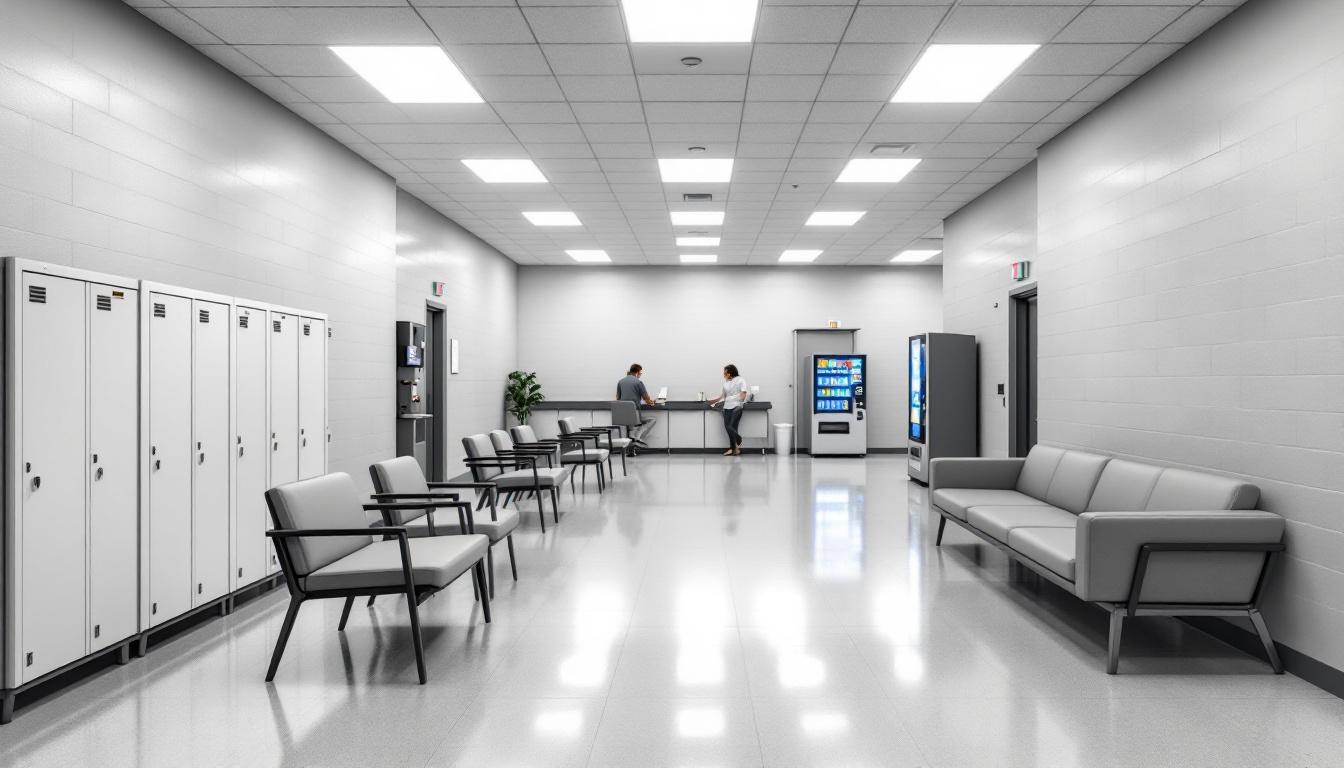
Systematic organization forms the backbone of the institutional environment, where carefully structured routines and clear hierarchical management systems actively shape every aspect of the residential experience. At present, the population follows a regimented daily schedule that typically begins with early morning headcounts and continues through designated periods for meals, programming, and recreational activities, while staff members actively monitor and coordinate these various components to maintain order and security throughout the facility. The organizational framework generally includes multiple housing units that operate under consistent protocols, ensuring that daily operations flow smoothly from one activity period to the next.
Living accommodations within the facility typically consist of multi-occupancy cells or dormitory-style housing units, where the population resides under direct supervision and follows established guidelines for personal conduct and property management. Housing assignments are generally made based on classification levels, security considerations, and individual needs, while residents usually have access to basic amenities such as bedding, personal hygiene items, and limited personal property storage. Additionally, the facility typically provides three meals daily in designated dining areas, where the population follows structured seating arrangements and adheres to specific timeframes for meal service, creating an orderly environment that accommodates the nutritional needs of all residents.
While daily routines supply essential structure, the facility may offer various programming opportunities that include educational classes, vocational training, and counseling services designed to support rehabilitation goals. Recreation periods typically provide opportunities for physical exercise, television viewing, and social interaction within designated common areas, though these activities generally operate under staff supervision and established security protocols. Additionally, visitation arrangements usually allow family members and approved visitors to maintain contact with the population through scheduled visits, phone calls, and correspondence, while commissary services may provide access to additional personal items and snacks that supplement the basic provisions supplied by the facility.
Ready to Connect?
Start communicating with your loved one today
Search for an Inmate
